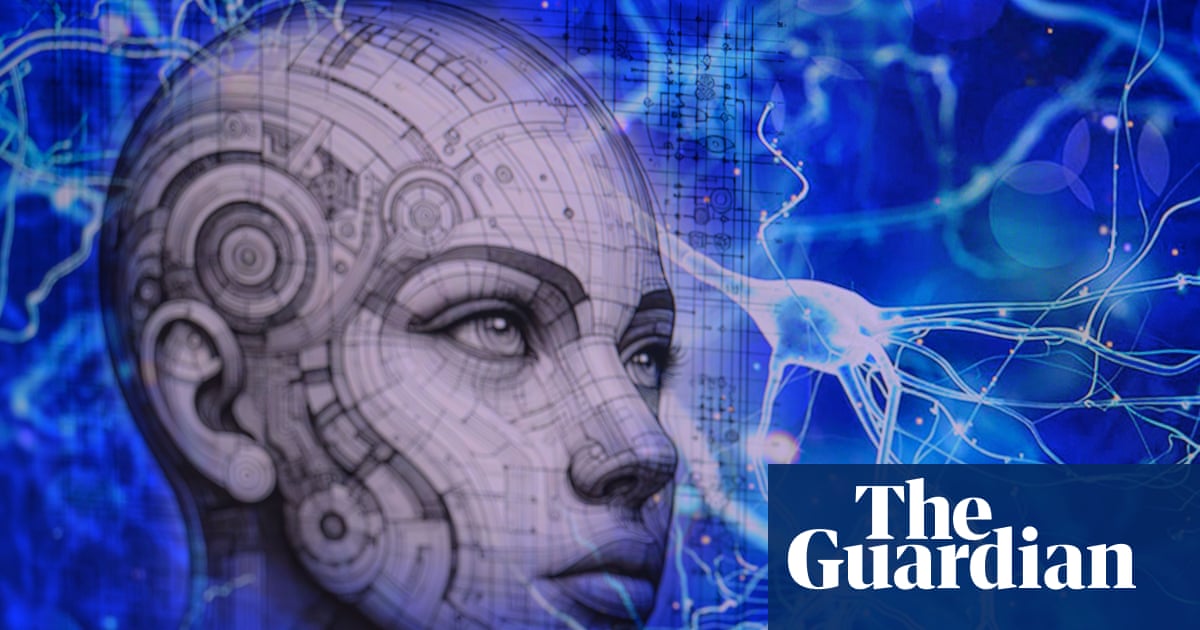
"It has been an excellent year for neurotech, if you ignore the people funding it. In August, a tiny brain implant successfully decoded the inner speech of paralysis patients. In October, an eye restored sight to patients who had lost their vision. It would just be better, say experts, if the most famous investors in the space tech magnates such as Elon Musk and OpenAI's Sam Altman were less interested in uploading their brains to computers or merging with AI."
"It's distorting the debate a lot, said Marcello Ienca, a professor of neuroethics at the Technical University of Munich. There is this long-term concern regarding the narratives they use. Michael Hendricks, a professor of neurobiology at McGill, said: Rich people who are fascinated with these dumb transhumanist ideas are muddying public understanding of the potential of neurotechnology. Neuralink is doing legitimate technology development for neuroscience, and then Elon Musk comes along and starts talking about telepathy and stuff."
A tiny brain implant decoded inner speech of paralysis patients in August, and in October an eye implant restored vision to previously blind patients. Large tech investors pursue neurotechnology alongside transhumanist ambitions such as brain uploading and AI merging. Silicon Valley companies including Neuralink, Merge Labs, Apple, Meta, and Google are developing implants, wearables, EEG headphones, and neural mapping research. Acquisitions like Ctrl Labs indicate mainstreaming of the field. These technologies hold near-term potential to treat ALS, Parkinson's disease, and paralysis, but celebrity investor narratives risk distorting priorities and public understanding.
Read at www.theguardian.com
Unable to calculate read time
Collection
[
|
...
]